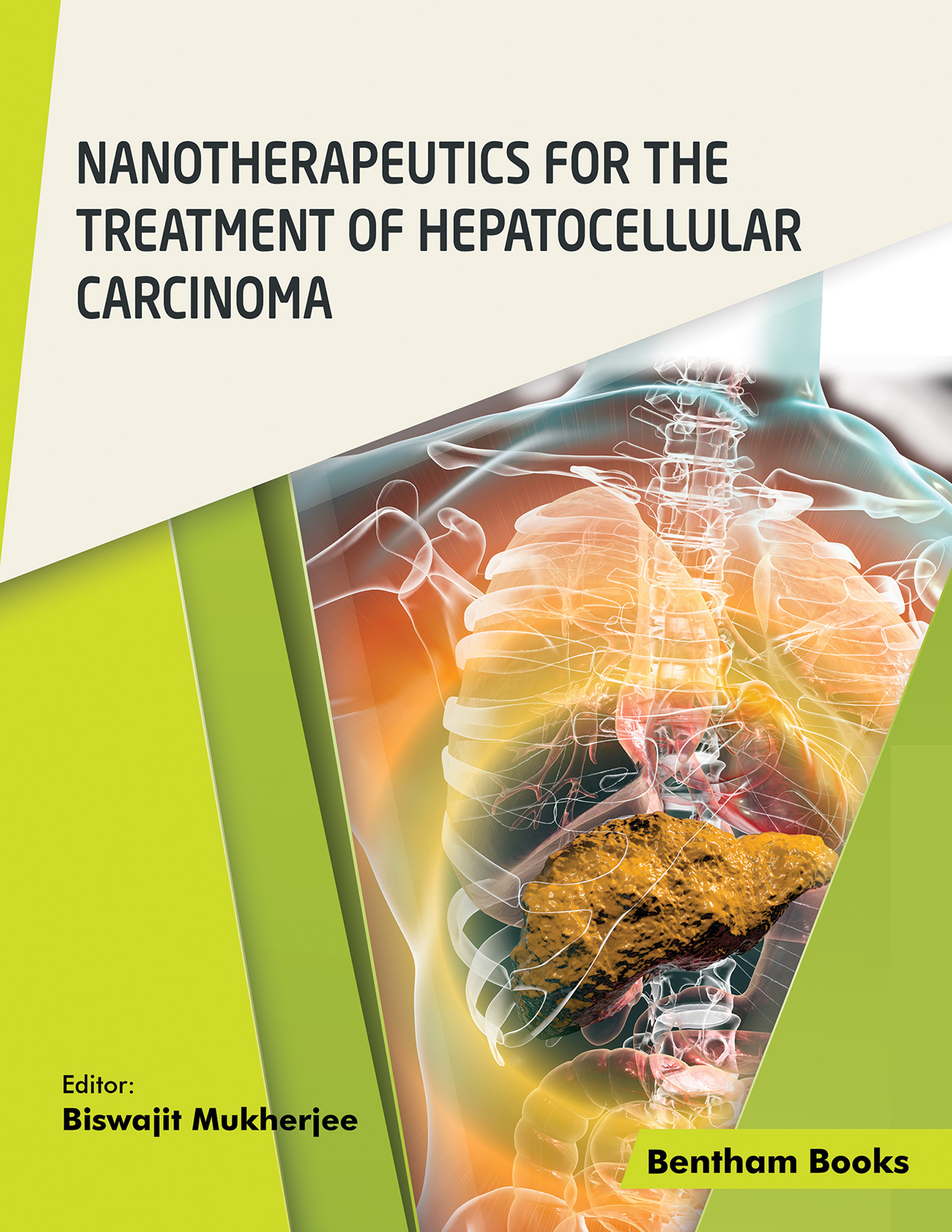Hepatocellular Carcinoma: Diagnosis, Molecular Pathogenesis, Biomarkers, and Conventional Therapy

- Authors: Biswajit Mukherjee1, Manasadeepa Rajagopalan2, Samrat Chakraborty3, Prasanta Ghosh4, Manisheeta Ray5, Ramkrishna Sen6, Iman Ehsan7
-
View Affiliations Hide Affiliations1 Department of Pharmaceutical Technology, Jadavpur University, Kolkata 700032, India 2 East West College of Pharmacy, Bangalore, Karnataka 560091, India 3 Department of Pharmaceutical Technology, Jadavpur University, Kolkata 700032, India 4 Department of Pharmaceutical Technology, Jadavpur University, Kolkata 700032, India 5 Department of Pharmaceutical Technology, Jadavpur University, Kolkata 700032, India 6 Department of Pharmaceutical Technology, Jadavpur University, Kolkata 700032, India 7 Department of Pharmaceutical Technology, Jadavpur University, Kolkata 700032, India
- Source: Nanotherapeutics for the Treatment of Hepatocellular Carcinoma , pp 1-97
- Publication Date: March 2022
- Language: English
Hepatocellular carcinoma (HCC), the most common liver malignancy, has been a significant cause of cancer-related deaths worldwide. Cirrhosis, hepatic viral infections, fatty liver, and alcohol consumption are notable risk factors associated with HCC. Furthermore, a crucial challenge in the therapeutic management of HCC patients is the late-stage diagnosis, primarily due to the asymptomatic early stage. Despite the availability of various preventive techniques, diagnoses, and several treatment options, the mortality rate persists. Ongoing investigation on exploring molecular pathogenesis of HCC and identifying different prognostic and diagnostic markers may intervene in the conventional mode of treatment option for better therapeutic management of the disease. Subsequently, tumor site and its size, extrahepatic spread, and liver function are the underlying fundamental factors in treating treatment modality. The development in both surgical and non-surgical methods has resulted in admirable benefits in the survival rates. Understanding the mechanism(s) of tumor progression and the ability of the tumor cells to develop resistance against drugs is extremely important for designing future therapy concerning HCC. This chapter has accumulated the current literature and provided a vivid description of HCC based on its classification, risk factors, stagebased diagnosis systems, molecular pathogenesis, prognostic/diagnostic markers, and the existing conventional treatment approaches.
-
From This Site
/content/books/9789815039740.chap1dcterms_subject,pub_keyword-contentType:Journal -contentType:Figure -contentType:Table -contentType:SupplementaryData105

